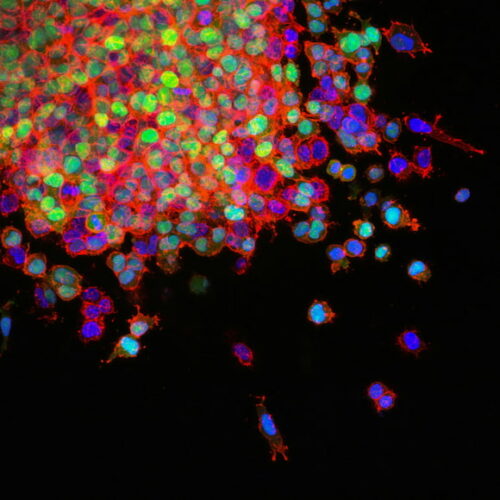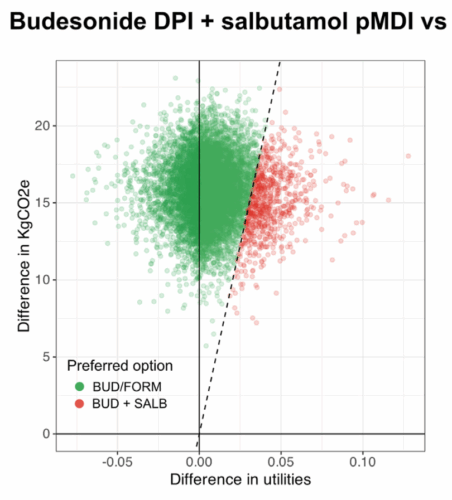
Noncommunicable Diseases Chemical Pollution
The hidden danger: the epigenetic landscape of fluoride-induced kidney damage and its role in chronic kidney disease. Environmental Geochemistry and Health.
• Research & Reports
WHAT IS PLANETARY HEALTH?
The leading cause of death and disability across the globe each year, NCDs are rising along with the prevalence of risk factors worsened by anthropogenic changes.
Noncommunicable diseases (NCDs) are a leading cause of global mortality, responsible for approximately 41 million deaths annually, equivalent to 74% of all global deaths, making their prevention and management critical public health priorities. Global environmental changes including climate change, biodiversity loss, freshwater depletion, deforestation, overfishing, ocean acidification, soil degradation, etc. increase the prevalence and severity of NCDs.
Air pollution, primarily from fossil fuel combustion, is a significant driver of global morbidity and mortality. The Global Burden of Diseases, Injuries, and Risk Factors Study 2019 estimates that air pollution contributes to around one in six deaths annually worldwide. Long-term exposure to air pollution, especially in urban and densely populated areas, is linked to reduced lung function, asthma, and chronic obstructive pulmonary disease (COPD).
Climate change affects health through various direct and indirect mechanisms. Rising temperatures and more frequent extreme weather events—such as cyclones, floods, and storms—exacerbate health risks for individuals with chronic diseases. A systematic review of 48 studies from developed countries found that individuals with cancer, diabetes, and cardiovascular diseases faced increased risks of health complications following such disasters.
Increased heat exposure due to climate change is also associated with higher mortality rates, more emergency department visits, and increased hospital admissions for cardiovascular, respiratory, and kidney-related conditions. Additionally, climate change affects NCD risk through pathways linked to food and nutrition, further compounding the public health challenge.
Noncommunicable Diseases Chemical Pollution
• Research & Reports
Noncommunicable Diseases Food Systems
• Research & Reports
Noncommunicable Diseases Technology and Innovation
This study introduces a novel method—carbon-effectiveness analysis—that evaluates healthcare interventions by integrating clinical benefits with environmental impacts. Using asthma as a case study, the authors compare three treatment strategies.
• Research & Reports
Noncommunicable Diseases Chemical Pollution
This report introduces a new global monitoring system to track how plastic production, pollution, and exposure affect human and environmental health. It aims to inform policies that reduce harm worldwide.
• Research & Reports
Life Stage and Reproductive Health Noncommunicable Diseases
This review shows that Hispanic women’s higher exposure to pollutants like air pollution, heavy metals, and plastics may raise the risk of serious pregnancy complications, contributing to racial disparities in maternal health.
• Research & Reports



